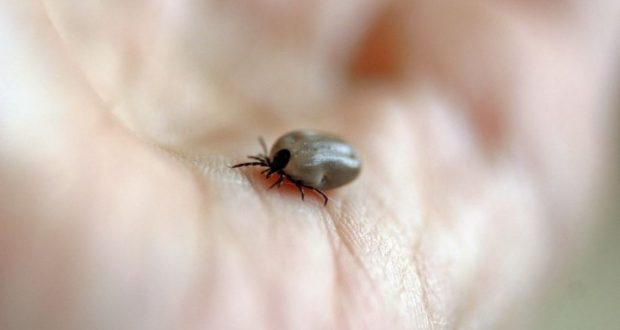Ticks of the genus Ixodes are carriers of the bacterium Borrelia burgdorferi, the cause of Lyme disease known as borreliosis. The disease is named after the city Lyme, USA, where a large number of cases of borreliosis were first discovered. A tick that is not infected with the bacterium cannot cause the disease and depending on the region, 10-50% of the ticks are infected and potentially can cause Lyme disease. Rodents, birds, dogs spread ticks in nature.
Laboratory diagnosis is very important and should be performed after any suspicious tick bite. Early-stage serological analysis for Lyme disease is recommended, including examination of general parameters of inflammation: sedimentation and CRP. The detection of such antibodies is performed by means of immunoenzymatic test (ELISA) and confirmation with a highly specific method – Western blot, which are available in every Synlab laboratory.


